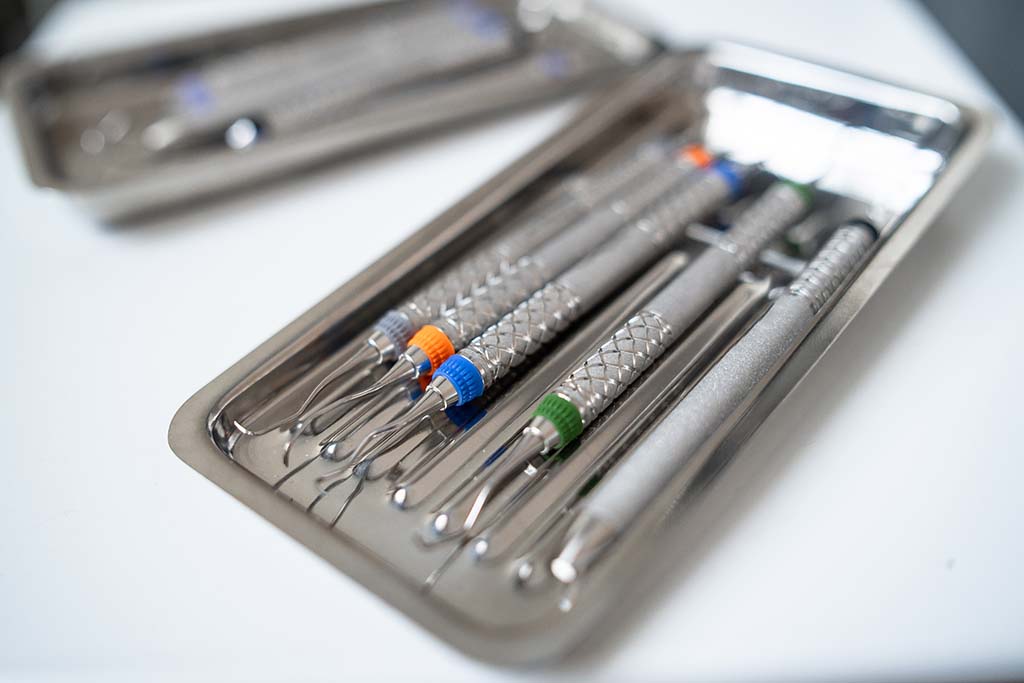

· By Trevor Horne
Maintaining The Sharpness Of Your Dental Instruments
All dentists understand the importance of sharp dental instruments. Sharp cutting tools ensure clean quick cuts that do not damage gum tissue during procedures. While dental instruments come sharp and ready to use, they also have a tendency to dull after some time of use. This means that you must actively work to ensure that your dental tools stay as sharp as possible.
In this article, we look at ways in which you can maintain the sharpness of your dental instruments.
Proper Storage
Although most people don’t realize it, the way you store your dental instruments makes a huge difference in how sharp they stay. For example, cutting instruments that are stored improperly may have their edges affected by other instruments. This is why dentists are advised to have storage cassettes that ensure that cutting instruments do not come into contact with other metallic objects. An additional advantage to utilizing storage mechanisms is that they also ensure proper hygiene protocols are maintained.
Use the Right Instruments
There are different dental instruments for different jobs and it is critical to use the right instrument for the right job. This means ensuring that every medic at your facility understands what each instrument is meant for. Before using any instrument, ensure that it is carefully inspected as well so that chipped or misaligned instruments are not used as this will further damage them.
Use a Professional Sharpening Service
Many dental practitioners may already be aware of instrument sharpening services. However, depending on the machines that they use and their skillset, not all these service providers are equal. It is therefore advisable to ensure that you are working with a professional and experienced company. If you entrust your dental instruments to the wrong service provider, you may even end up losing your instruments due to damage.
Have a Policy About Instrument Care
In the hustle and bustle of running a dental clinic, it is possible that reviewing and managing the state of your dental instruments may be forgotten. This is dangerous because leaving it to chance means that you may not realize that your dental instruments need to be attended to until they have caused actual damage to your patients. Having a policy that deliberately forces the review of instruments periodically means that such problems can be caught early. Such a policy would also manage the storage and use of these instruments, ensuring that everyone is on the same page.
Watch for Corrosion
Although most dental instruments are made of stainless steel, there still are some instruments that are made of metals that can corrode. For such instruments, it is important to ensure that they are kept free of corrosion. Corrosion is a common problem especially because dental instruments must be cleaned with water as part of the sterilization process. If the instruments are not stored properly, there is always a risk that they may get corroded and this will affect the cutting edge.
- Choosing a selection results in a full page refresh.
- Press the space key then arrow keys to make a selection.
Your cart -
Your cart is currently empty.
